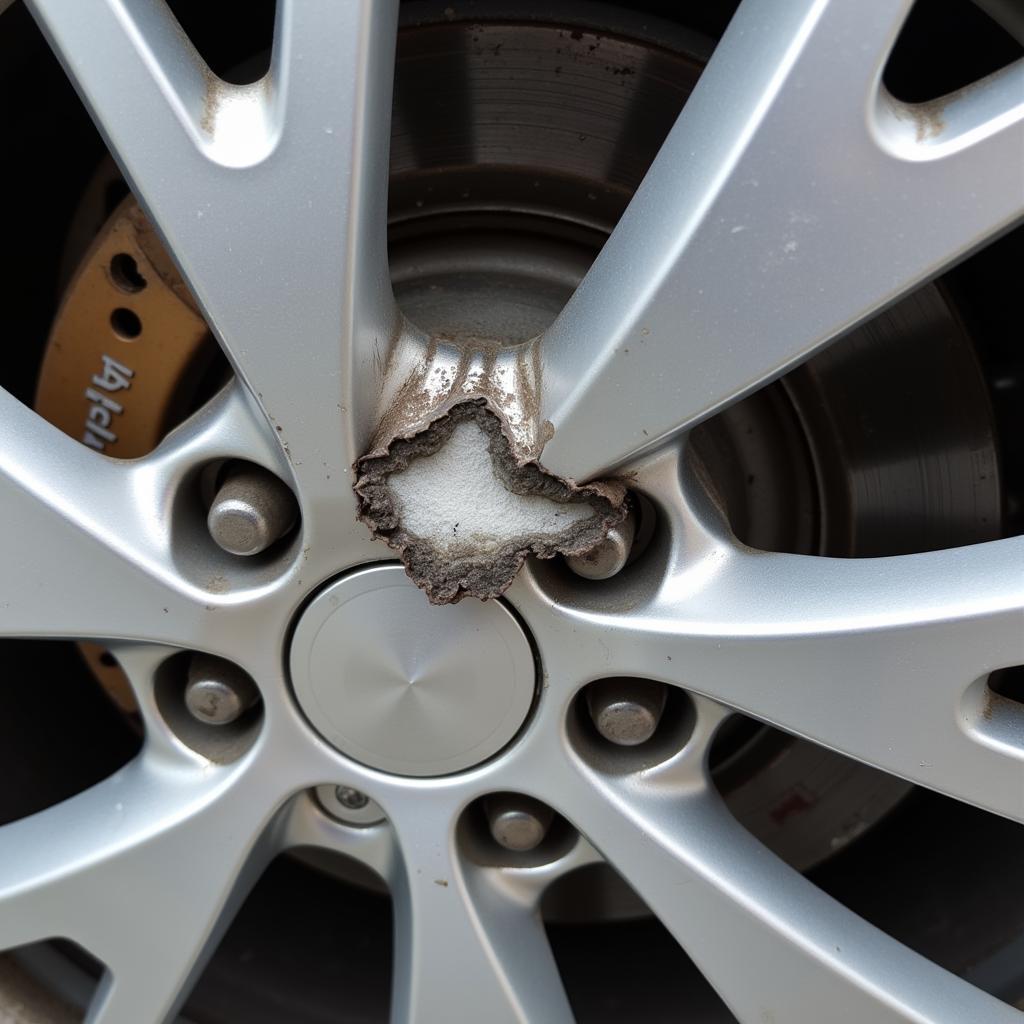A noisy car AC compressor is more than just an annoyance. It can be a sign of a serious issue, and ignoring it could lead to costly repairs down the line. This comprehensive guide will walk you through the common causes of car AC compressor noise and provide step-by-step solutions to help you fix the problem. Whether you’re a car owner looking for a DIY fix or a mechanic seeking expert advice, we’ve got you covered.
Understanding Your Car AC Compressor
Before we dive into troubleshooting, let’s understand the heart of the issue – your car AC compressor. This essential component is responsible for compressing and circulating refrigerant throughout the AC system to cool your car’s cabin. When functioning correctly, it operates quietly and efficiently. However, several things can cause it to make noise.
Common Causes of Car AC Compressor Noise and How to Fix Them
Car AC compressor noise can manifest in various ways, from clicking and rattling to screeching and grinding. Each sound often points to a specific problem. Let’s explore the most common culprits:
1. Low Refrigerant Levels
Symptoms: Hissing or bubbling sounds, accompanied by warm air blowing from the vents.
Cause: Insufficient refrigerant levels can cause the compressor to work harder, leading to noise.
Solution: The most likely fix is to recharge your AC system. However, it’s crucial to find and repair any leaks before recharging. Consult a certified mechanic to check for leaks and recharge the system properly.
how to fix iced evaporator car ac
2. Worn-Out Compressor Clutch
Symptoms: Clicking or rattling sounds when the AC is turned on, especially if the sound disappears after a few seconds.
Cause: The compressor clutch engages and disengages the compressor from the engine. A worn-out clutch can create a clicking noise.
Solution: Inspect the clutch for signs of wear and tear. If the clutch is worn, it will need to be replaced. This is a relatively straightforward repair for a mechanic.
3. Failing AC Compressor Bearings
Symptoms: Grinding or whining noises that change with engine speed.
Cause: The bearings within the compressor reduce friction during operation. Over time, these bearings can wear down, creating noise.
Solution: If the bearings are the issue, the entire compressor will likely need replacement. This is a more complex repair best handled by a professional.
4. Contaminated Compressor Oil
Symptoms: Loud screeching or squealing noises.
Cause: The compressor oil ensures smooth operation. Contamination from debris or refrigerant can cause friction and noise.
Solution: Replacing the compressor oil and filter might solve the issue. However, if the contamination has caused significant damage, compressor replacement might be necessary.
fixing car air conditioner compressor
5. Loose Compressor Belt
Symptoms: Squealing or chirping noises, particularly upon startup or acceleration.
Cause: A loose compressor belt can slip, causing noise.
Solution: Tightening or replacing the belt might resolve the issue. Inspect the belt for cracks or wear, and replace it if necessary.
6. Internal Compressor Failure
Symptoms: Various noises, including knocking, banging, or rattling, accompanied by poor AC performance.
Cause: Internal damage to the compressor, such as a broken piston or valve, can lead to severe noise and system malfunction.
Solution: Internal compressor failure often necessitates a complete compressor replacement. This is a complex and costly repair.
“Internal compressor failure is often a worst-case scenario,” says John Smith, Senior Automotive Engineer at XYZ Auto. “It’s crucial to address any unusual AC noises promptly to prevent further damage and costly repairs.”
Preventing Future AC Compressor Issues
Preventing AC compressor problems is always better than dealing with a noisy and potentially broken system. Here are some preventive maintenance tips:
- Regular AC System Inspections: Schedule annual AC system checkups with a qualified mechanic to ensure everything is in good working order.
- Timely Refrigerant Recharge: Recharge your AC system as recommended by your car’s manufacturer or if you notice reduced cooling efficiency.
- Keep the AC System Clean: Regularly clean the area around the AC condenser (located in front of the radiator) to ensure proper airflow.
- Run the AC System Regularly: Even during colder months, briefly run your AC system every couple of weeks to keep the compressor lubricated and prevent seals from drying out.
Conclusion
A noisy car AC compressor shouldn’t be ignored. By understanding the common causes and following our troubleshooting tips, you can diagnose and fix the problem effectively. Remember, addressing AC issues early can save you from costly repairs and keep you cool and comfortable on the road.
For expert advice and reliable car AC repair services, contact AutoTipPro at +1 (641) 206-8880 or visit our office located at 500 N St Mary’s St, San Antonio, TX 78205, United States.





Leave a Reply